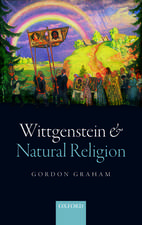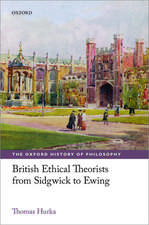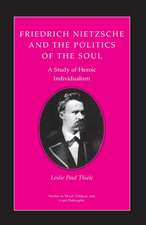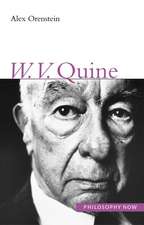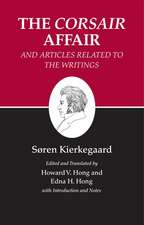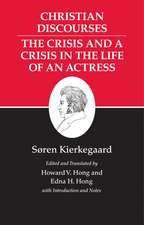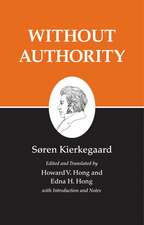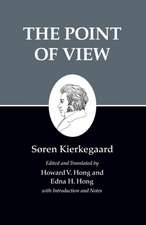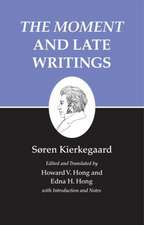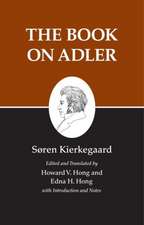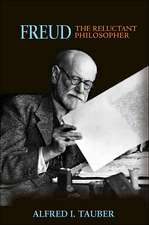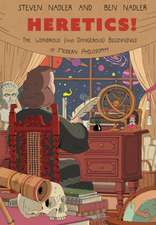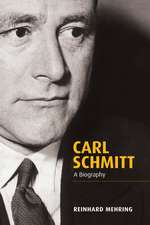Kierkegaard`s Writings, XI, Volume 11 – Stages on Life`s Way: Kierkegaard's Writings
Autor Søren Kierkegaard, Howard V. Hong, Edna H. Hongen Limba Engleză Paperback – 30 iun 1992
Stages on Life's Way not only repeats themes, characters, and pseudonymous authors of the earlier works but also goes beyond them and points to further development of central ideas in Concluding Unscientific Postscript. ?
Din seria Kierkegaard's Writings
-
 Preț: 292.55 lei
Preț: 292.55 lei -
 Preț: 288.34 lei
Preț: 288.34 lei -
 Preț: 291.46 lei
Preț: 291.46 lei -
 Preț: 150.73 lei
Preț: 150.73 lei -
 Preț: 183.27 lei
Preț: 183.27 lei -
 Preț: 297.80 lei
Preț: 297.80 lei -
 Preț: 318.30 lei
Preț: 318.30 lei -
 Preț: 203.47 lei
Preț: 203.47 lei -
 Preț: 348.38 lei
Preț: 348.38 lei -
 Preț: 453.18 lei
Preț: 453.18 lei -
 Preț: 391.18 lei
Preț: 391.18 lei -
 Preț: 373.85 lei
Preț: 373.85 lei -
 Preț: 374.27 lei
Preț: 374.27 lei - 19%
 Preț: 437.94 lei
Preț: 437.94 lei -
 Preț: 256.35 lei
Preț: 256.35 lei -
 Preț: 453.18 lei
Preț: 453.18 lei -
 Preț: 448.77 lei
Preț: 448.77 lei -
 Preț: 317.80 lei
Preț: 317.80 lei - 19%
 Preț: 561.67 lei
Preț: 561.67 lei - 19%
 Preț: 432.48 lei
Preț: 432.48 lei -
 Preț: 326.37 lei
Preț: 326.37 lei -
 Preț: 328.97 lei
Preț: 328.97 lei -
 Preț: 319.37 lei
Preț: 319.37 lei -
 Preț: 204.81 lei
Preț: 204.81 lei -
 Preț: 328.79 lei
Preț: 328.79 lei -
 Preț: 284.41 lei
Preț: 284.41 lei
Preț: 383.31 lei
Nou
Puncte Express: 575
Preț estimativ în valută:
73.35€ • 76.74$ • 60.93£
73.35€ • 76.74$ • 60.93£
Carte disponibilă
Livrare economică 12-26 martie
Livrare express 26 februarie-04 martie pentru 59.09 lei
Preluare comenzi: 021 569.72.76
Specificații
ISBN-13: 9780691020495
ISBN-10: 0691020493
Pagini: 808
Dimensiuni: 139 x 216 x 51 mm
Greutate: 1 kg
Editura: Princeton University Press
Seria Kierkegaard's Writings
Locul publicării:Princeton, United States
ISBN-10: 0691020493
Pagini: 808
Dimensiuni: 139 x 216 x 51 mm
Greutate: 1 kg
Editura: Princeton University Press
Seria Kierkegaard's Writings
Locul publicării:Princeton, United States
Descriere
Offers a poetic example of Kierkegaard's vision of the three stages, or spheres, of existence: the esthetic, the ethical, and the religious. This book begins with a banquet scene patterned on Plato's "Symposium". Next is a discourse by "Judge William" in praise of marriage "in answer to objections."



